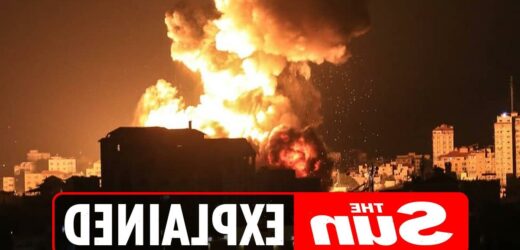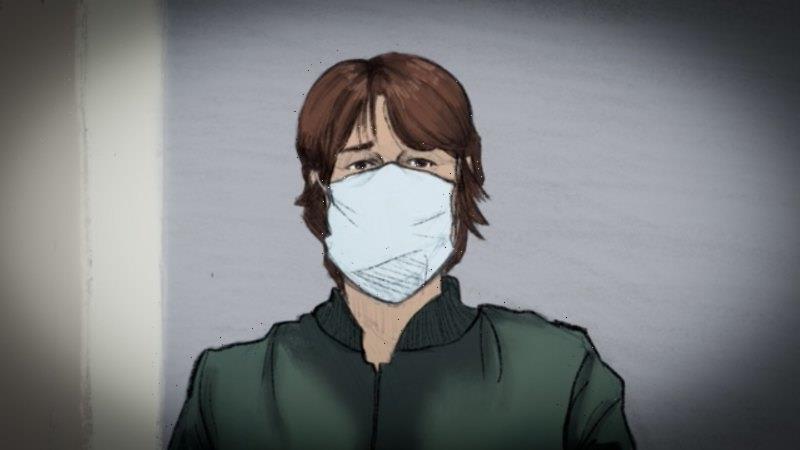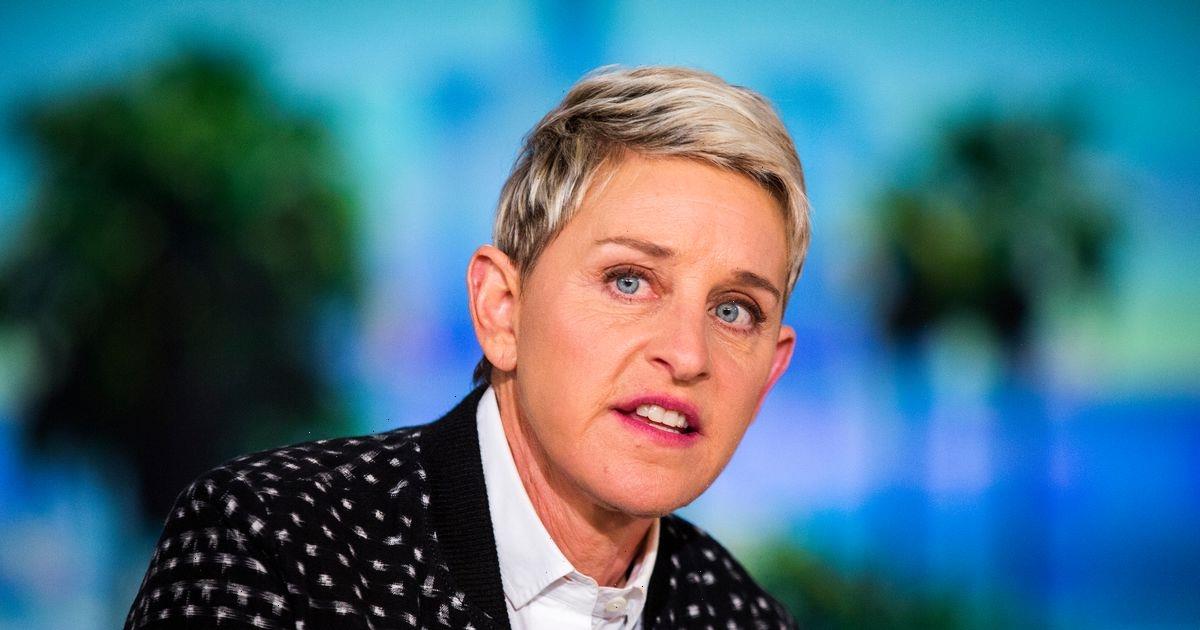GAZA has been a site of fierce clashes and bloody battles between protesters and Israeli troops for decades.
The 25-mile-long Gaza Strip is Palestinian territory that borders Egypt and Israel. We explain the Israel-Palestine conflict…
What is Palestine?
Palestine is a small region of land in the Mediterranean and is home to the Arabic speaking Palestinian community.
The history of Palestine has been marred by frequent political conflict and violence because of its importance to several major world religions.
This is because it sits as a gateway between Africa and Asia.
In the past 100 years this conflict has been between the Arabic and Jewish communities who have clashed over who owns the region and who has the right to live there.
Ottoman rule over Palestine came to an end after the First World War.
Palestine was among former Ottoman territories placed under UK administration by the League of Nations in 1922.
All of these territories eventually became fully independent states – except Palestine.
In 1947, the UK turned the 'Palestine problem' over to the United Nations.
The UN proposed partitioning Palestine into two independent states, one Palestinian Arab and the other Jewish, with Jerusalem internationalised.
One of the two states proclaimed its independence as Israel and in the 1948 war involving neighbouring Arab States expanded to 77 per cent of the territory of mandated Palestine, including the larger part of Jerusalem.
Over half of the Palestinian Arab population fled or were expelled.
Jordan and Egypt controlled the rest of the territory assigned to the Arab State.
In the 1967 war, Israel occupied these territories (Gaza Strip and the West Bank) including East Jerusalem, which was subsequently annexed by Israel.
The war brought about a second exodus of Palestinians, estimated at half a million.
Despite being renamed as Israel in 1948, 135 United Nations members still recognise Palestine as an Independent State.
However, Israel itself, as well as other nations including the United States, don’t make that distinction.
How did the dispute begin?
The Israel Palestine conflict began over a dispute between land and borders.
After World War II and the Holocaust, Jews seeking their own country were given a large part of Palestine.
Arabs already living in the area didn't accept this, so the two parties went to war in 1948.
In 1967, after another war, Israel occupied the Palestinian areas. Israeli troops have stayed there for years.
Israel finally left Gaza in 2005, and Hamas took control there after winning elections.
But Israel still controls most of Gaza's borders and coastal territory, deciding who can get in and out of Gaza, including goods.
Hamas has demanded that Israel stop its restrictions.
Hamas claims Israel is occupying Palestinian land and claims to resist occupation by launching rocket attacks from Gaza, while Israel retaliates to such attacks with further force.
Hamas – the largest of several militant Islamist groups in Palestine – refuses to recognise Israel as a country and wants Palestinians to be able to return to their old home.
What's the situation there now?
Since March 2018, Palestinian protesters have taken part in the "Great March of the Return", aimed at removing Gaza's "transient border" with Israel.
But on May 14, as protests went on, Israeli's were celebrating the anniversary of its nation's creation in 1948, also remembering the hundreds of thousands of Palestinians who fled they homes in the war that followed.
Hamas, often referred to as an Islamic terrorist organisation, did not initiate the "Great March", but have been a driving force.
But on the same day, Israeli troops killed 59 people, including a baby who inhaled tear gas during the violent clashes.
Israel claimed 40,000 Palestinians had taken part in "violent riots" at 13 locations along Gaza's eastern border.
Israeli forces also clashed with protesters as the US opened its embassy in Jerusalem – a city which Palestinians also claim as their capital.
A ceasefire agreement in late May appeared to be holding following one of the worst days of violence in the Gaza Strip since the 2014 Gaza war.
Khalil al-Hayya, Hamas's deputy chief in Gaza, said the group was committed to a truce as long as Israel was.
Source: Read Full Article






